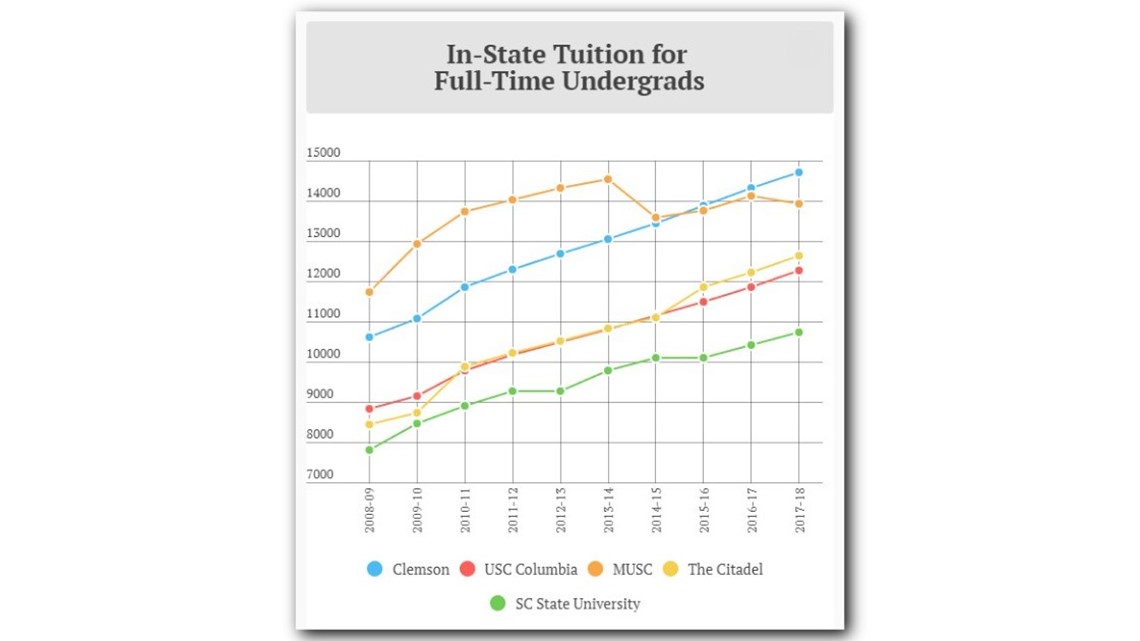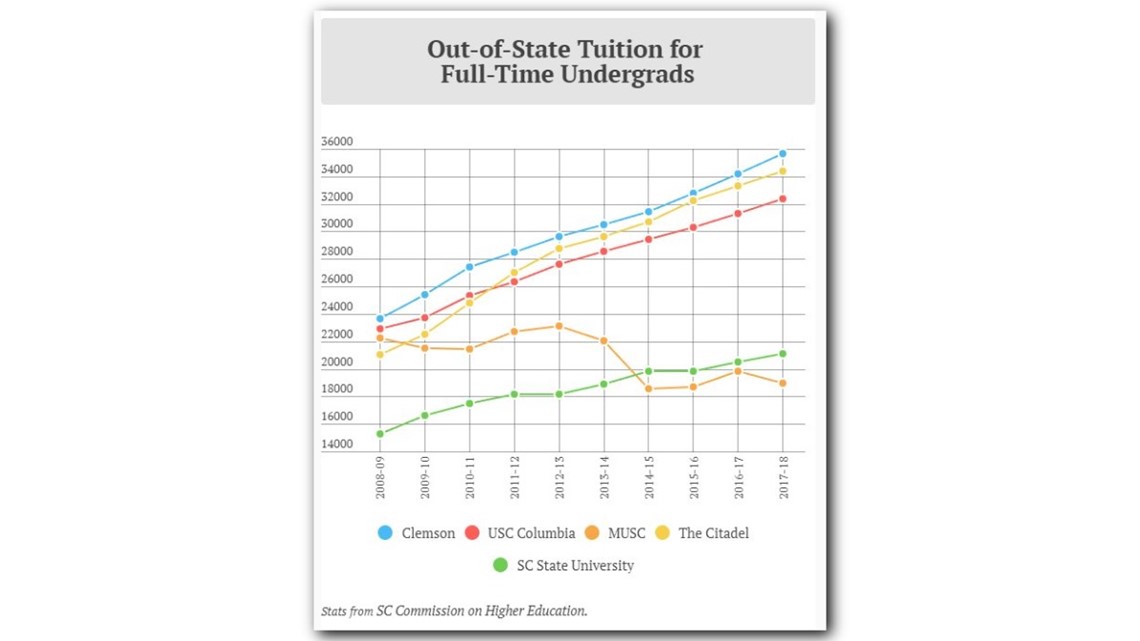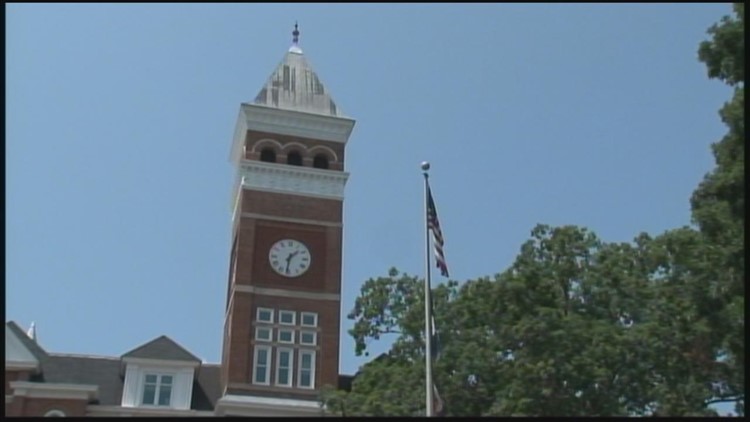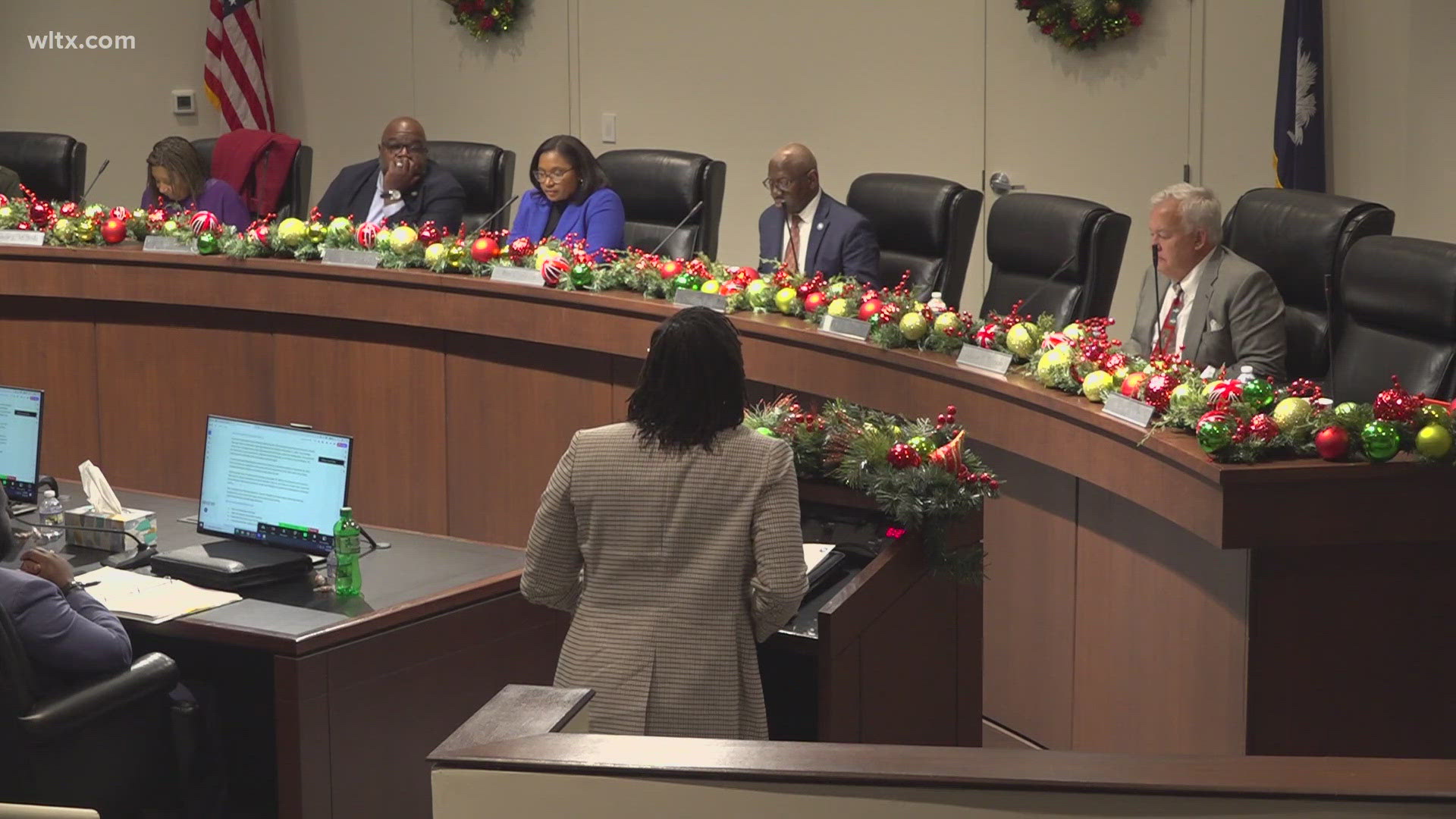While the next session for the South Carolina General Assembly will not kick off until Jan. 8, Clemson University is already deep into the process of requesting funds from the state.
In September, the university submitted its appropriation request for the 2019-20 fiscal year. The ask totals over $140 million.
While many of the budget items like construction projects are seen annually, the university is also asking for $8 million to help keep tuition down, in addition to 23 new full-time employees for safety and research. The University of South Carolina in Columbia similarly asked for $9 million to preserve current tuition rates.
Mark Cothran, Clemson's associate vice president of governmental affairs, said there is one main question Clemson has to answer for the legislature annually: How did you spend what we gave you last year?
During the last legislative session, Clemson was granted an additional $2.9 million to help mitigate the cost of tuition.
Cothran said that money had a direct impact on keeping the tuition rate increase down for the current school year.
In July, the university's Board of Trustees approved a 1.75 percent increase for in-state tuition. The previous year, the increase was 2.75 percent.
"There is a direct correlation between state funding and tuition, and we are very appreciative of what the state invests but we are still well below pre-recession levels," Cothran said.
Clemson got $26 million less from the state in educational and general funds for fiscal year 2017-18 than in 2007-08, according to the university's budget filing. Factoring in a boom in enrollment, the state now appropriates $3,300 less per student than a decade ago, the filing states.
Cothran said that like any negotiation, the university knows it may not get the initial amount it asks for from the state, but he said the $2.9 million commitment for tuition last year was encouraging to the university.
Legislators know that the number one concern related to the university for constituents is tuition, Cothran said.
"They are very interested in in-state students," he said. "Anything that can be done to lower tuition will be well-received from them."
Beyond cash to keep tuition down, the university is also seeking $56 million to renovate Lehotsky Hall and Long Hall on campus, $3.5 million for the Center for Advanced Manufacturing and $1.2 million for health extension services in partnership with the Medical University of South Carolina.
Cothran said the funding request for the Center for Advanced Manufacturing stemmed from conversations with industry partners like BMW and Samsung who he said want the university to invest in this subject area.
The health extension money would help expand the university's mobile health clinic that performs outreach trips in under-served South Carolina communities.
The university's public service branch filed a separate request with the state for $15.8 million in funding and 29 new full time employees, including new extension agents.
Outside of appropriations this coming session, Cothran is excited to see what may come of the Higher Education Opportunity Act, a piece of legislation introduced in the last days of the last session by Sen. Vincent Sheheen, a Democrat from Kershaw.
If passed, the bill, which can be pre-filed as early as Dec. 12, would create a new fund in the state dedicated to higher education and would cap tuition increases and even potentially freeze them at times.
Cothran said Sheheen's bill has picked up steam and the university will be following it closely during the session. He hopes the bill would also comprehensively address other areas of need for the state universities, such as funding for capital projects.







